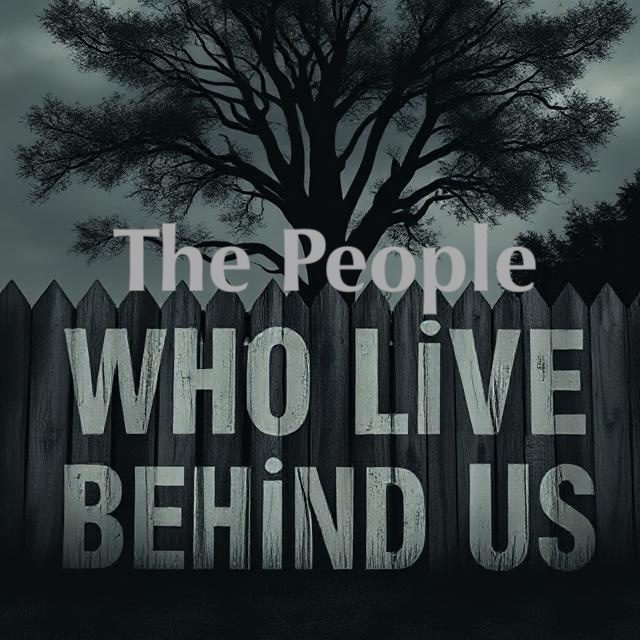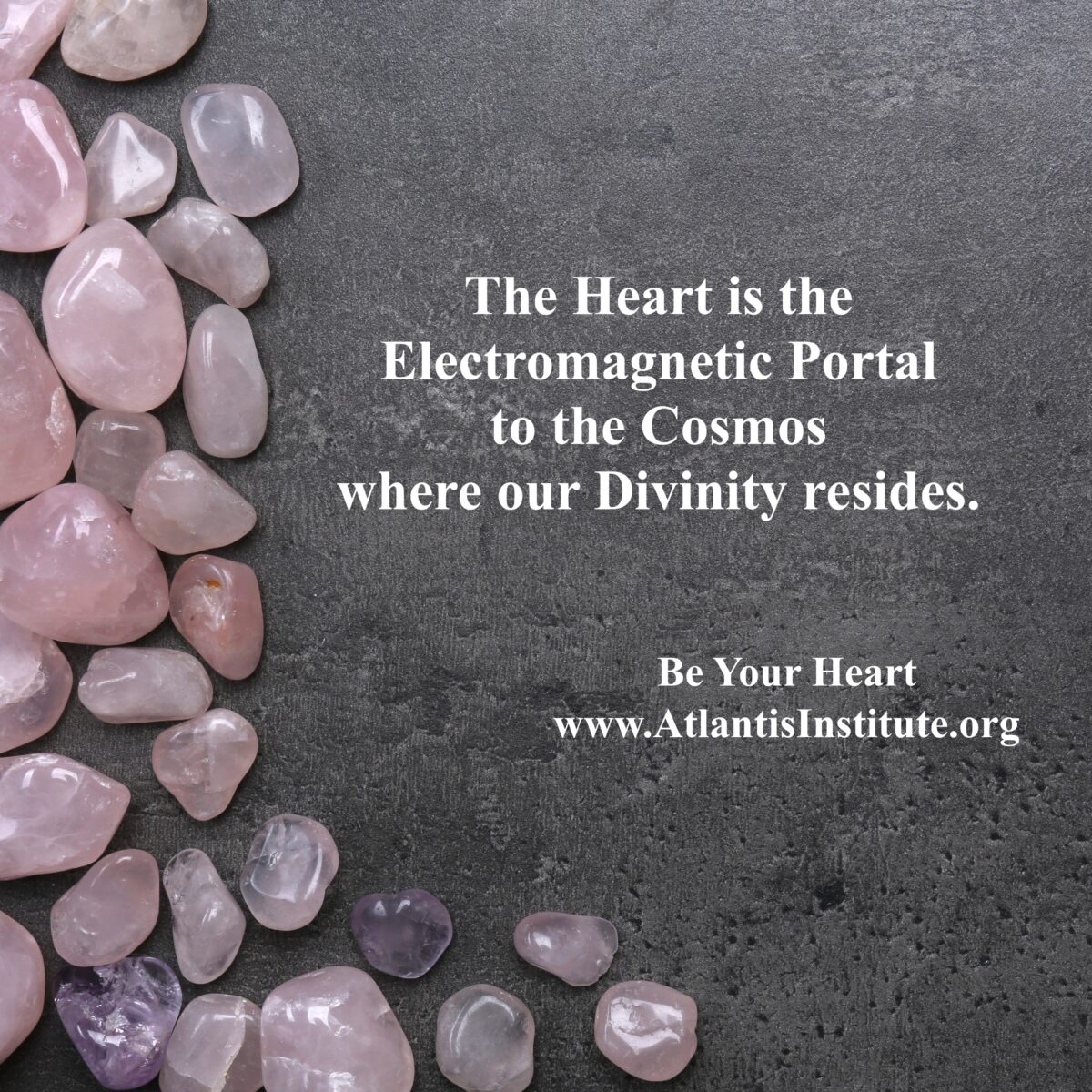A true story of intolerance hidden behind the facade of religion and the gospel fence.
A Quiet Life, a Peaceful Home
We are quiet people. Living a respectful, peaceful life. We don’t throw loud parties or blare music across the neighbourhood. We keep to ourselves, not out of fear or isolation, but because we value calm and quietness. Kindness and consideration are part of who we are.
In our small community, we try to offer what we can. As a counselor, I work with local people, often free of charge. My husband helps neighbours with their pools or computer issues, simply because we enjoy being useful. We don’t look for anything in return—just the warmth of human connection.
Moving Into Our Dream Villa
Last August, we moved into a new villa. It was only a few streets away from where we had lived for five years, so the faces weren’t unfamiliar. We had seen the family living behind us before—an occasional nod or polite “hello.” We knew they were Jehovah’s Witnesses, and we thought nothing of it. Faith, after all, is a personal matter. Or so we believed.
But from the moment we began moving in, something felt… off.
Each visit to check on the build was accompanied by a strange low-pitched hum—gospel music, repeating endlessly in the background. Not loud enough to lodge a formal complaint, but constant enough to be unsettling. We assumed they’d simply forgotten to turn it off. We were wrong.
From the beginning, their energy felt closed. Unwelcoming. When we walked past with our trolleys of boxes, sweating under the sun, they stood watching—or not watching, which sometimes felt worse—but never once offered help. Their three cars blocked the access road behind our house for days, even though it’s meant for access only. They watched me struggle with the hand truck, and said nothing. Did nothing.
A Wall of Music and Silence
Still, we tried to carry on. We installed a privacy screen along the dividing wall and, eventually, a white noise generator to block out the incessant gospel music, which continued 24 hours a day, seven days a week, all year round.
Their Sundays were something to behold—an almost theatrical display of holiness. Dressed in their finest, they’d parade out the gate on their way to worship. And yet, during the week, the shouting resumed. The screaming of children. The constant tears of a little boy, the aggressive shrieks of his older sister, and the explosive voices of their parents.
Children, I know, through my work as a Counsellor, are mirrors. They reflect what they see from their parents or primary care givers, if love is offered, this is what they reflect, if hate is what is offered, that is what they reflect.
Meeting a demon
I met their little daughter twice. Once, she rang our doorbell and ran. I smiled—she’s a child. But when I calmly told her “that’s enough,” she responded by punching me repeatedly in the stomach, denying it with wide eyes and anger. I was stunned. Speechless. The second time, she climbed the two-metre wall and peered at me with a sly smile, humming while I asked her to get down.
This behaviour doesn’t come naturally to children, it is learned behaviour. Children aren’t born filled with spite or disdain. They learn it. They inherit it from the adults they rely on for love and guidance.
The Intolerable Parking - The Utter Disrespect
Eventually, things came to a head. While the neighbours were away, we confronted their guests about parking illegally outside our gate. Since then, the vehicles have been parked outside our gate less often, but the cold war continues.
The woman behind us has never spoken a word to us. Not once. But she walks daily around her pool, praying aloud in a ritualised chant, as though to remind us—and perhaps herself—that she is closer to God. It doesn’t feel sacred. It feels performative.
The Jahova Invitation
Then, one day, a handwritten note arrived. “Dear Neighbour,” it began, kindly inviting us to explore the teachings of Jehovah’s Witnesses via their website. I replied with sincerity, pointing out the lack of warmth, of love, of simple human compassion we’d experienced since moving in, not exclusively aimed at them, but more community-inclusive. I invited them, instead, to explore my own website: www.AtlantisInstitute.org—a space dedicated to Heart, healing, growth, and connection.
Recently, I stood drying off after a swim. I felt eyes on me. The young girl stared through the slats of the fence, then suddenly threw a ball, aiming directly at me. It wasn’t a game. It was deliberate. She watched for my reaction. I didn’t give her one. I placed the ball on a chair and walked away.
We all come from somewhere. We all carry pasts that shape us. Some of us find healing through counseling, others through prayer or spiritual practice. Some dive deep into the work of self-discovery. Others refuse to see any wound at all.
Judgment
I don’t judge people for their beliefs or their past, dark as that maybe. My own journey has been long and complex. Growing up in the 60s, I knew from an early age that I was different—though I didn’t have the words for it. At eleven, I would cry myself to sleep, begging God to fix what I thought was broken inside me. I carried that fear, that shame, that silence well into adulthood.
There were no role models. No other gay people in my world. Just a lingering sense of wrongness that society reinforced at every turn. My youth was spent hiding. My early adulthood—performing.
Now, decades later, I had hoped for more.
And in some ways, we have progressed. Publicly, at least. The rhetoric has shifted. Homophobia has become less socially acceptable. But in practice? In small communities like ours, where neighbours pretend you don’t exist? The old fear is still here. It wears new clothes, but it’s just as cold.
The False Adoration
We live in front of people who pretend not to see us. Who cloak their disdain in devotion. Who preach love, but practice separation.
And that, I believe, is where the danger lies. Because real faith—true spiritual practice—has nothing to hide. It does not divide. Never ignoring never harming. If your religion does not begin and end with love, it is not a religion. It is a cult.
Why Am I Sharing My Story?
I share this story not to provoke, but to reach out. Maybe someone out there has lived something similar. Maybe someone can offer wisdom we haven’t yet found. Or perhaps someone needs to be reminded that they are not alone.
And maybe—just maybe—someone who reads this will realise they, too, can do better.
By
David Ellis
















